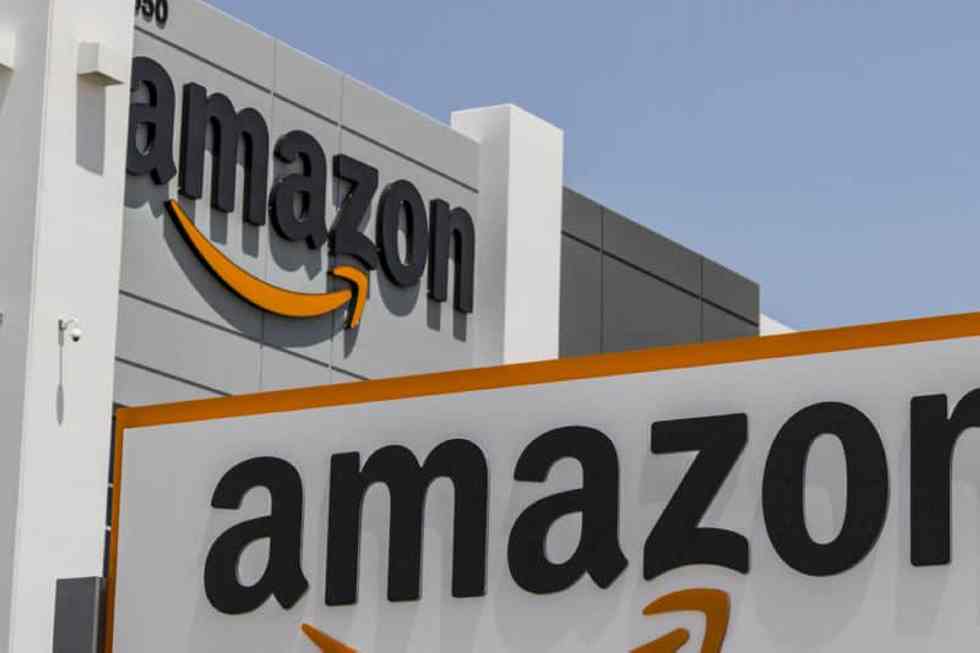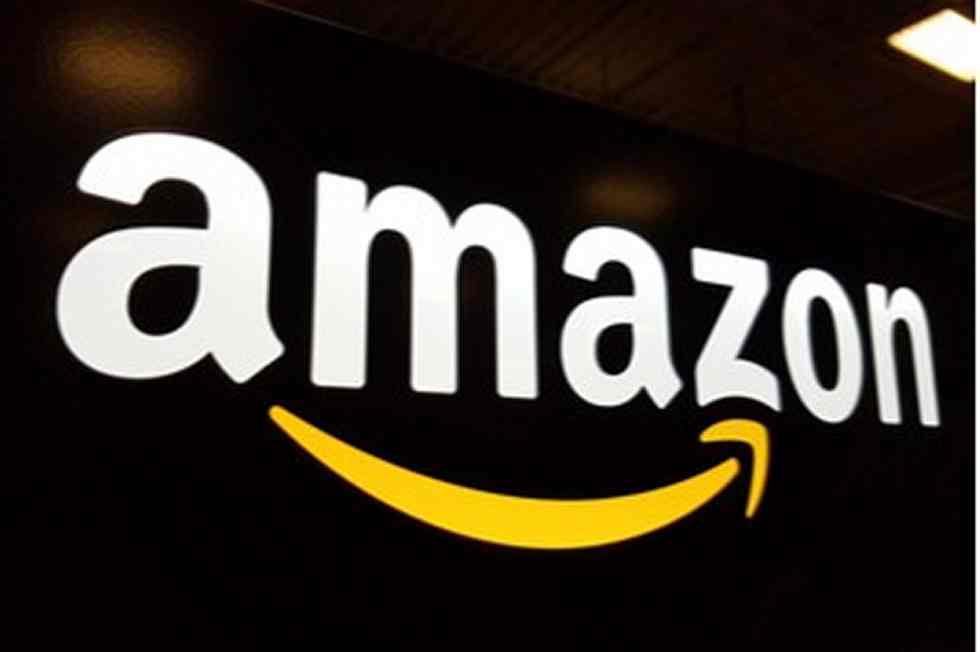
(Bloomberg)—Amazon.com Inc. is in talks with JPMorgan Chase & Co. and Capital One Monetary Corp. about providing the tech big’s tens of millions of consumers a product much like a checking account, the Wall Road Journal reported.
The goal is youthful shoppers and other people with out checking accounts, the newspaper mentioned, citing folks accustomed to the matter. The technique would assist Amazon decrease charges it pays to monetary companies and provides it a much bigger window into prospects’ revenue and spending habits, in keeping with the report.
Amazon is No. 1 within the Web Retailer 2017 High 500.
The providing, if it involves fruition, could be yet one more hyperlink in Amazon’s intensive net of how to the touch each side of individuals’s lives, from meals buying at Entire Meals, to studying or listening to books, streaming music and movies and its Alexa voice assistant. After upending different retail companies together with groceries and well being care, banks have lengthy feared they could be subsequent.
The finance trade has been involved that main tech corporations, not solely Amazon but in addition Fb Inc. and Apple Inc. (No. 2), would possibly attempt to sideline banks by dealing with extra of their prospects’ digital funds, providing financing or accepting deposits—even when these companies open them as much as extra regulation.
Monetary forays
Amazon has already made forays into the monetary enviornment throughout its transformation from a ebook retailer greater than 20 years in the past. Amazon Pay permits shoppers to pay for merchandise on third-party websites with out reloading their bank card info. Greater than 33 million folks use the cost system, and Amazon has lent greater than $3 billion to small companies that promote on its platform since 2011, in keeping with a analysis report by CB Insights earlier this yr.
The e-commerce big additionally gives a pseudo-debit card, Amazon Money, that lets shoppers add money to an Amazon pockets and buy objects on-line and not using a bank card.
And final yr, Amazon dipped its toes into the deposit enterprise with Prime Reload, which supplies prospects a 2% bonus once they use their debit card to maneuver funds from a checking account to an Amazon steadiness that they use for transactions on the web site. The transfer means Amazon paid much less in charges to card networks like Visa Inc. and Mastercard Inc.
Fintech collaboration
“It looks like one other instance of fintech collaboration with current banks fairly than a real disruption,” Man Moszkowski, an analyst at Autonomous Analysis LLP, mentioned in an e-mail.
Amazon shares have been little modified at $1,488.82 at 10:10 a.m. in New York. JPMorgan shares have been down lower than 1 p.c to $112.39.
Amazon already has a co-branded bank card with JPMorgan, and the 2 corporations’ CEOs are working collectively, together with Warren Buffett’s Berkshire Hathaway Inc., on discovering methods to carry down the price of well being care for his or her staff. It’s too early to say whether or not the checking-account enterprise would come with bill-paying companies or entry to nationwide ATMs, the Wall Road Journal mentioned.
Coverage shift
Prime Reload was seen as a manner for Amazon to enhance its attraction to lower-income prospects who won’t qualify, or need, the co-branded bank cards it already gives with JPMorgan and Synchrony Monetary. These playing cards include a lot as 5% money again on purchases.
Whereas U.S. coverage makers have for years been skeptical of letting huge corporations transfer into banking companies, which may be altering. Keith Noreika, the previous performing Comptroller of the Forex, mentioned final yr that it’s time to rethink whether or not the standard separation between lending and retailing must be maintained.
Regardless of the opportunity of tech giants like Amazon wading into finance on their very own, some analysts suppose partnerships like this one are the extra doubtless path.
“It’s a logical extension that banks would associate with tech companies,” Mike Mayo, an analyst at Wells Fargo & Co., mentioned.
Capital One and Amazon didn’t instantly reply to cellphone and e-mail requests for remark. A consultant for JPMorgan declined to remark.
Favourite



















